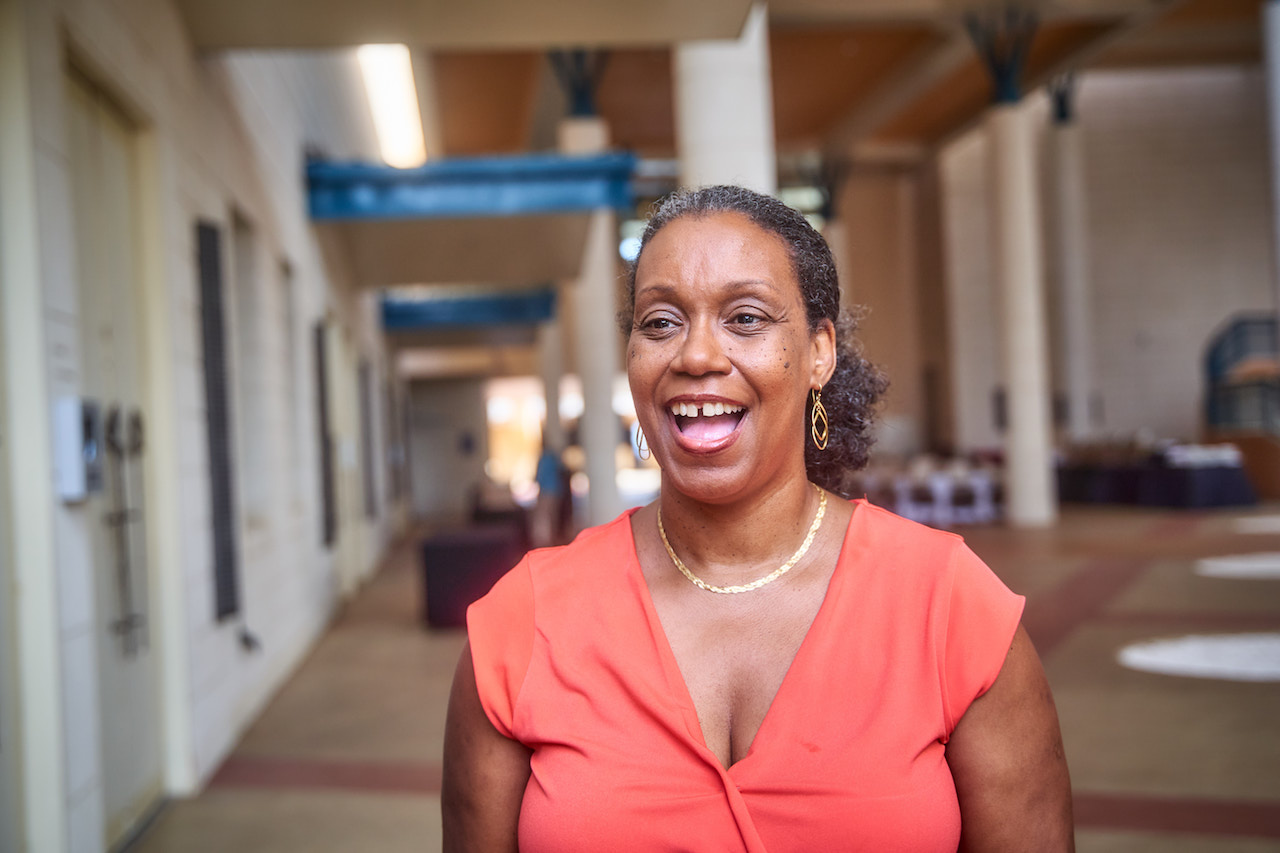With consumers crying out about the high cost of living and their inability to buy fruits, vegetables and other wholesome foods, a university academic is challenging them to pressure the government to implement policies so they can access healthy and nutritious food.
Nicole Foster, a law lecturer and head of the Law and Health Research Unit at the University of the West Indies Cave Hill Campus, said the government was legally obligated to create an environment where its people had access to wholesome food by way of the international human rights conventions it has signed.
She suggested that Barbadians needed to do more to get the government to address this issue as it had serious implications for the island’s non-communicable disease (NCD) epidemic.
“There is a joint responsibility [needed to tackle the NCD problem],” said Foster. “The major responsibility is not at the level of the individual, but actually in terms of government for two reasons. One is that the government is the duty bearer in the context of international human rights. They’re the ones who have assumed these responsibilities in relation to individuals that they are in charge of; but also too, the government, not me as an individual, can change my environment.”
“For example, if I am in an area where there’s not good access to healthy choices, I can’t change that, but a government based on putting certain policies in place can change the environment and what you’re able to access and not access.”
Foster said that while addressing the NCD crisis was not an overnight fix, the government should constantly be looking at ways to help Barbadians prevent lifestyle diseases.
The UWI academic was speaking to Barbados TODAY on the sidelines of a media and NCD health workshop at the Hilton Resort on Tuesday, organised by the National NCD Commission of Barbados.
Foster said: “The important thing to remember is that we need to continue to hold them (government) to account in that regard, that there are obligations that they have and so as they’re having these conversations about what policies they want to put in place, they have to be bearing in mind the whole realistic response and not one which just says when you go in the supermarket you need to do better in terms of what you buy or you just need to exercise more.
“The economic times for all countries are challenging and that has implications for some of the choices that one makes, perhaps in the context of what one purchases . . . but the idea is that you continue working at this in a way where you realise that this is a battle that we have to keep at; it’s not something that we can just say to the individual you just do better. As a government, you really have to challenge yourself to constantly be thinking and engaging [Barbadians about what can be done to] enable people to do better.”
She added: “At the community level, we need to continue to impress upon the government that these things are important. I don’t recall hearing anybody at Parish Speaks engaging on NCDs issues, for example, and engaging the government in terms of their policies.”
She said that NCD prevention policies needed a “whole of government approach” and should not be treated as only a health sector problem.
“It does require that there is a whole of government response where you bring on board all the different players within the government space where they are able to make their contribution,” she suggested. “Agriculture has a role to play, the Ministry of Finance has a role to play, the Ministry of Health has a role to play . . . It’s all of these things have to come together and work together.”
“It is not just overnight, the government is going to be able to bring down the price of food but we have to look at how we incentivise local agriculture. At the CARICOM level, we’re talking about increasing our food security, reducing our food import bill by 25 per cent.
“But in fairness, I do think that the government is aware of it (its shortcomings). We’ve heard different ministers at different times talk about the fact that we’ll have to look into increasing not just taxes (sugar-sweetened beverages tax), but also at reducing duties that might be on healthier products.”
sheriabrathwaite@barbadostoday.bb




